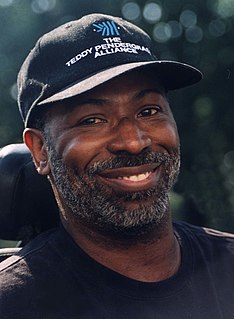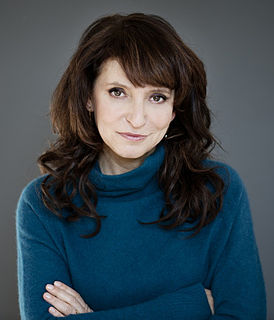A Quote by Lionel Shriver
I have no end of failings as a mother, but I have always followed the rules.
Related Quotes
I've always been willing to take challenges, I grew up taking challenges: being an only child, having a mother, no father, I've always been one who has always done things the way I thought they should be done and not, and not having to answer to anybody for it and I've always taken my own chances and I've always followed by instincts according, mother would follow, follow wit, instincts, wisdom, whatever, always followed that.
I have a slight controversy with the Dogme brethren because I've been saying that rules are to be interpreted; not that I haven't followed the rules, because I don't see the point of submitting yourself to a set of rules if you don't follow them. But having said that, it is always a lot of interpretation.
These are party-sanctioned debates. This is a presidential election, you show up at the debates. These are the rules. We have a series of unwritten rules of how campaigns are run, and everybody has followed those rules consistently over the decades. And no one has really even seriously thought about breaking them.
The law, for all its failings, has a noble goal - to make the little bit of life that people can actually control more just. We can't end disease or natural disasters, but we can devise rules for our dealings with one another that fairly weigh the rights and needs of everyone, and which, therefore, reflect our best vision of ourselves.
Usually naive interviewers hover between two mutually contradictory convictions: one, that a text we call creative develops almost instantaneously in the mystic heat of inspirational raptus; or the other, that the writer has followed a recipe, a kind of secret set of rules that they would like to see revealed. There is no set of rules, or, rather, there are many, varied and flexible rules.
Once you have hierarchy you need rules to protect and administer it, and then you need law and the enforcement of the rules, and you end up with some kind of chain of command or system of order that destroys relationship rather than promotes it. Hierarchy imposes laws and rules and you end up missing the wonder of relationship that we intended for you.
The women of my mother's generation had, in the main, only one decision to make about their lives: who they would marry. From that, so much else followed: where they would live, in what sort of conditions, whether they would be happy or sad or, so often, a bit of both. There were roles and there were rules.
































